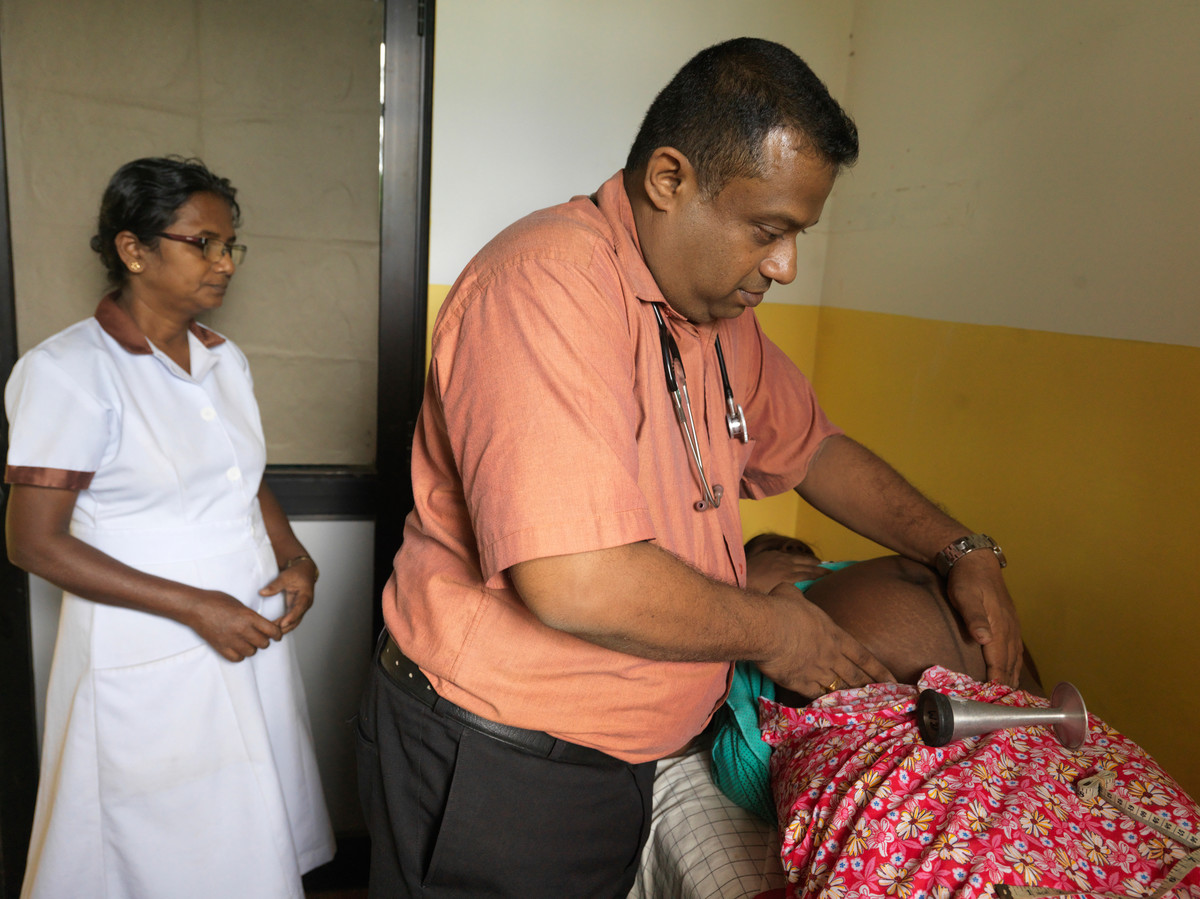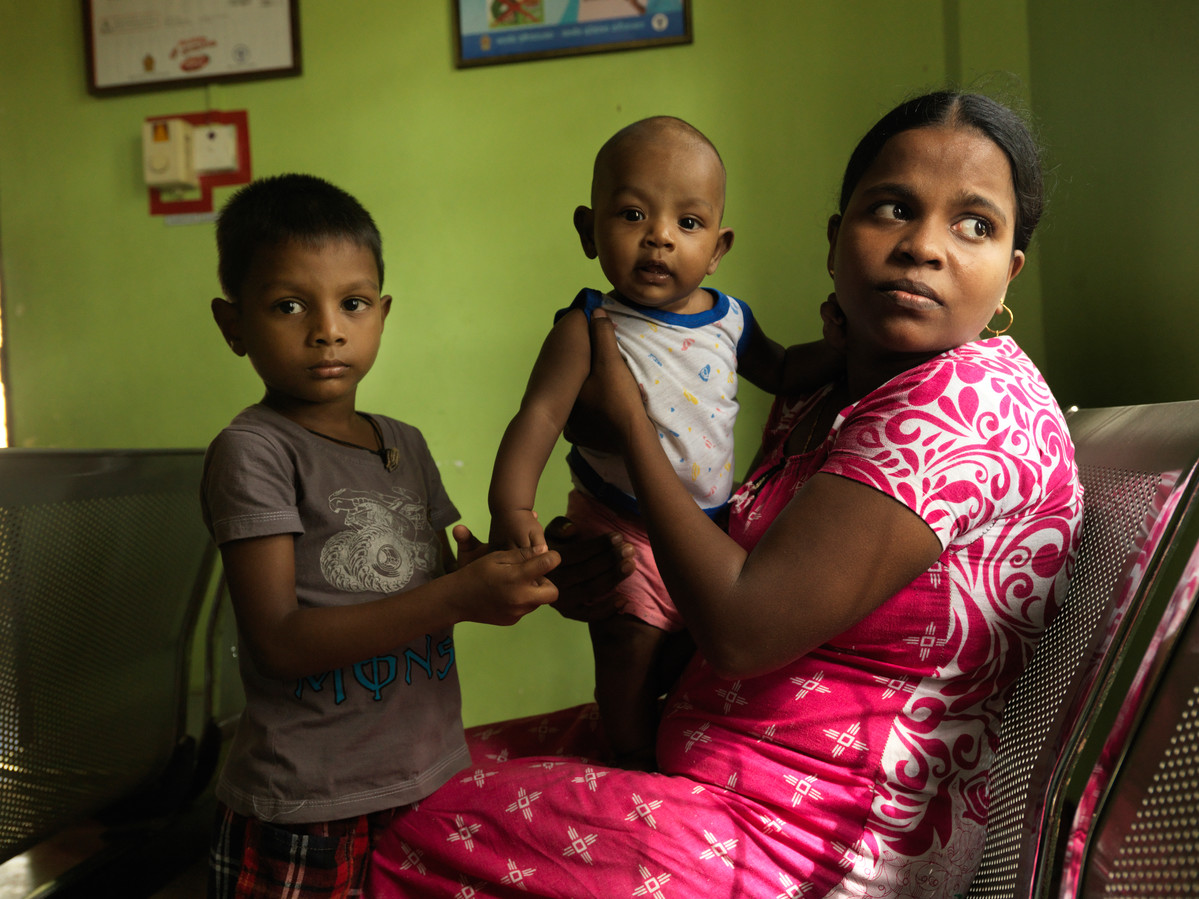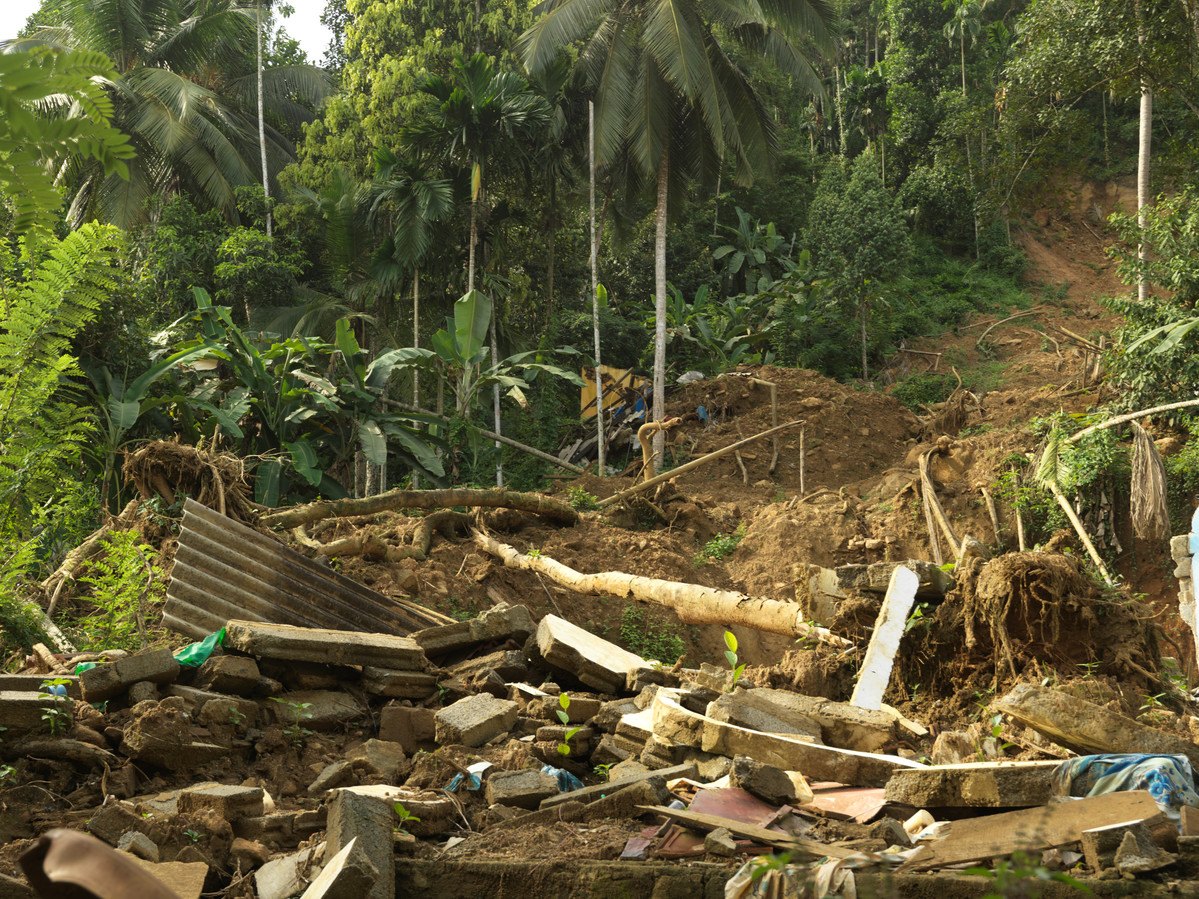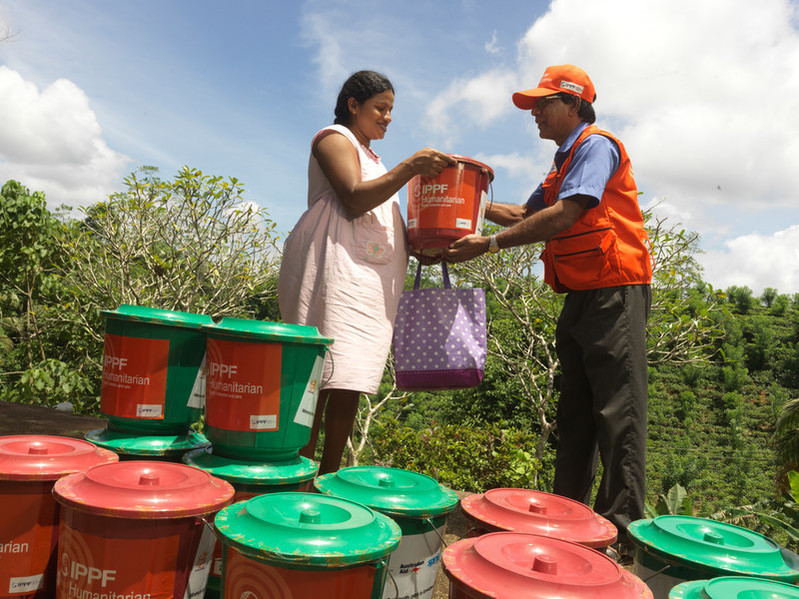Family Planning Association of Sri Lanka
Established in 1953, The Family Planning Association of Sri Lanka (FPA Sri Lanka), pioneered the concept of family planning in the country and is a non-governmental organization (NGO) that explores innovative and challenging processes of family planning in Sri Lanka. We are proud to be one of the most expansive and well known NGO's in the country that focuses on family planning, Sexual and Reproductive Health and welfare.
Today FPASL focuses on providing services to marginalized and under-served communities, growing its SRH product range to enhance consumer choice and advocacy to ensure SRHR of all people in the country.
FPA Sri Lanka advocates to increase political commitment to sexual and reproductive health education (with political and religious leaders). FPA works with community members specially youth to change norms and attitudes towards SRHR. It promotes the right to access SRH education through island-wide workshops. It seeks to eradicate unsafe abortion and liberalise abortion laws, and it aims to foster community involvement in projects. FPA works with the LGBTIQ community to address stigma and discrimination faced by the community.
FPASL has six Service Delivery Points. Clinics offer a comprehensive range of sexual and reproductive health (SRH) services. These include contraception, counselling, diagnostic services, HIV and STI screening and voluntary counselling and testing. FPA Sri Lanka works closely both with the Ministry of Health.
The average number of clients per year is 85,862, and average number of SRH services provided is 430,404.
The Member Association also addresses key SRH and relationship issues faced by young through the Happy Life Call Centre. This centre provides information on sexual and reproductive health and rights (SRHR) to the general public through a range of new media tools.
FPA Sri Lanka has developed a highly successful Social Marketing Programme (contraceptives). Today it’s the market leader in this product category and contributes around 40% of the total CYPs generated in Sri Lanka. By making a range of contraceptive products available to the consumers and supplementing it by the free FP services provided by the government, Sri Lanka has recorded a CPR of around 70%.












